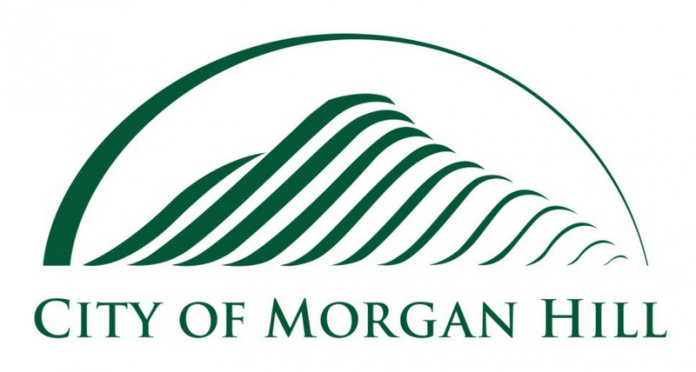The city’s estimated long-term budget deficit continues to grow due to cascading impacts of Covid-19 and related shelter-in-place orders. An advisory group of Morgan Hill citizens recently estimated the budget shortfall will top $17 million over the next three years.
“There will be cuts to every possible department, which means fewer services,” reads a statement from the Morgan Hill Community Advisory Group. The projected $17 million shortfall is “expected to rise” as the pandemic continues to dampen the economy.
The city council is scheduled to adopt its two-year budget at the June 17 meeting. The recommended budget outlines expenditures and revenues for fiscal years 2020-21 and 2021-22.
The proposed budget for those two years projects massive decreases in sales and hotel tax revenues, which typically pay for basic services such as public safety and parks. Revenues from development and recreation services are also projected to take a significant hit in the coming years.
Specifically, sales tax revenues are expected to drop by at least $5.5 million by 2022; recreation services by $4.5 million; hotel tax revenues by $2.5 million; and development revenues by $3.2 million. These numbers are updated as of May 15, and have grown significantly since City Manager Christina Turner initially informed the council of the pandemic’s local financial impact in April.
At a May 15 council budget workshop, the council and city staff identified about $6.5 million in personnel and service cuts over the next three years to help make up for the growing revenue shortfall. These include about $3.7 million in personnel cuts through furloughs, hiring freeze, attrition and elimination of cost-of-living increases for city management staff.
The council on May 15 also suggested $2.8 million worth of non-personnel cuts, including contractual services, travel and training and general fund expenditures on streets.
Mayor Rich Constantine said he and other city officials don’t yet know the full extent of budget cuts that will be necessary over the next two to three years, simply because the Covid-19 pandemic and the economy’s response to it are ongoing.
“We don’t really know the full effect of Covid-19,” Constantine said. “As we continue to reopen we’ll start to see those dollars, and have a baseline. But right now, it’s hard to budget for something that you don’t know what the full repercussions will be.”
The total recommended budget for 2020-21 is $162.3 million, and for 2021-22 it is $144.3 million. This includes general fund expenditures of $43.9 million in 2020-21, and $47.7 million in 2021-22.
The city council is expected to vote to adopt the two-year budget June 17.
The city’s general fund budget for the current fiscal year, which ends June 30, is about $41.1 million.
City Hall currently has a general fund reserve of about $15 million. Often described as a “rainy day fund,” the reserve will likely be put to use to fill in some of the pandemic-related revenue holes over the coming years. City staff’s projected six-year general fund reserve forecast shows that the current reserve could drop to about $585,000 by 2025-26.
Earlier this year, city officials responded to the Covid-induced revenue shortfalls by enacting a hiring freeze for an indefinite period, and furloughing nearly 100 part-time and full-time staff.
Constantine also noted that despite the plummeting revenues, residents are still likely to see major roadway and other public construction projects underway over the next couple years. That’s because these projects have been planned for several years as part of the city’s Capital Improvement Program, and the funds are from tightly controlled sources that generally cannot be redistributed to basic services or day-to-day City Hall operations.
CIP projects that city officials are still planning for include the $16.8 million Hale Avenue extension; $2 million Borello School Park; $6.1 million pavement rehabilitation program; $13.1 million sewer system repair and replacements; $11.8 million sewer plant expansion; and a $4.5 million share of the Upper Llagas Creek Flood Protection project.
The Morgan Hill CAG is a group of residents appointed by the council to “facilitate an unbiased information exchange with the City of Morgan Hill and residents to benefit the whole community,” reads the group’s Facebook page. “We are a self-governed group of Morgan Hill residents.”
The CAG is asking residents to become involved in the budget process by offering input and asking questions. To contact the CAG, visit the “Morgan Hill Community Advisory Group” page on Facebook, or send an email to mo***********@***il.com.
GET INVOLVED
To become involved with the Morgan Hill Community Advisory Group or to offer input on the city’s budget, email mo***********@***il.com or like the group’s page on Facebook.








